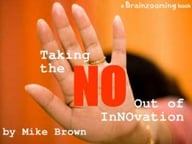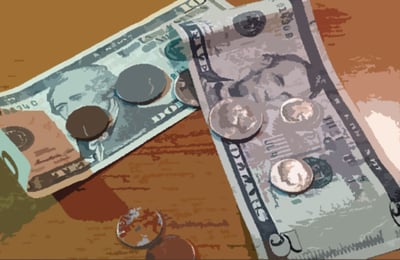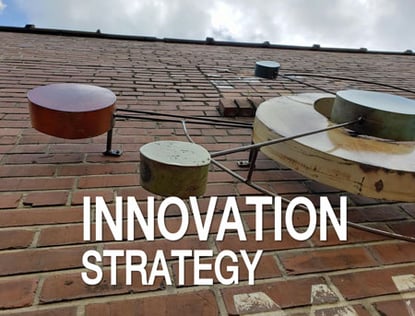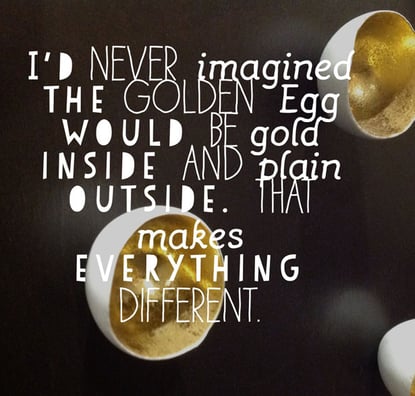You've heard the strategy. You've heard the strategy's promise. Heck, you may be knee-deep or even waist-deep in the strategy.
What’s the strategy?
Giving away what you do for free in the hope of building an audience that will eventually pay you for what you do.
Strategic Thinking Question - When Does Free Become Getting Paid?
A lunch discussion the other day, however, was when and how do you start getting paid?
One intriguing answer to this strategic thinking question came via Jonathan Field as he addressed moving from free speaking to paid speaking. He tied the getting paid or speaking for free question to the size of the speaker’s “brand hand” relative to the event sponsor’s brand hand. In effect, whoever has the stronger brand sets the stage for how value (i.e., money) is divided, shared, and flows between the parties.
My answer to the strategic thinking question was you start getting paid when you are more willing and able to say, "No."
When you're in a position to turn down the people who expect things for free, you start setting boundaries about what's free (i.e., maybe the first hour of consultation and listening is free before the meter starts running).
When you're in a position to turn down the people who expect things for free, you address the “getting paid” conversation right away regarding how you're delivering value with what you know and can share.
When you're in a position to turn down the people who expect you to do things for far less than they are worth, you become much more explicit about what things cost. That applies to both what you charge and the costs to potential clients of not using someone as knowledgeable, proficient, and reliable as you.
What puts you in the position to say, "No," to doing things for free?
It comes from addressing whatever weaknesses exist in your business.
That could mean, you have more than enough prospects or cash to sustain NOT doing business with the next potential client that comes along.
It might be you have reduced your overall business risk so you can take on the risk of saying NO.
It could also mean you really do have a better brand hand than the other party that wants you to do things for free or for much less than they are worth.
Or it may be something else.
Whatever it is that makes you say, "Yes, I'll do that for free," or give away things without ever having the conversation about free or paid, figure out what you need more of so you can say, "No," to all the free work requests that are toxic for your success. – Mike Brown
If you enjoyed this article, subscribe to the free Brainzooming blog email updates.
 Download the free ebook, “Taking the NO Out of InNOvation” to help you generate fantastic creative thinking and ideas! For an organizational innovation success boost, contact The Brainzooming Group to help your team be more successful by rapidly expanding strategic options and creating innovative plans to efficiently implement. Email us at info@brainzooming.com or call us at 816-509-5320 to learn how we can deliver these benefits for you.
Download the free ebook, “Taking the NO Out of InNOvation” to help you generate fantastic creative thinking and ideas! For an organizational innovation success boost, contact The Brainzooming Group to help your team be more successful by rapidly expanding strategic options and creating innovative plans to efficiently implement. Email us at info@brainzooming.com or call us at 816-509-5320 to learn how we can deliver these benefits for you.




